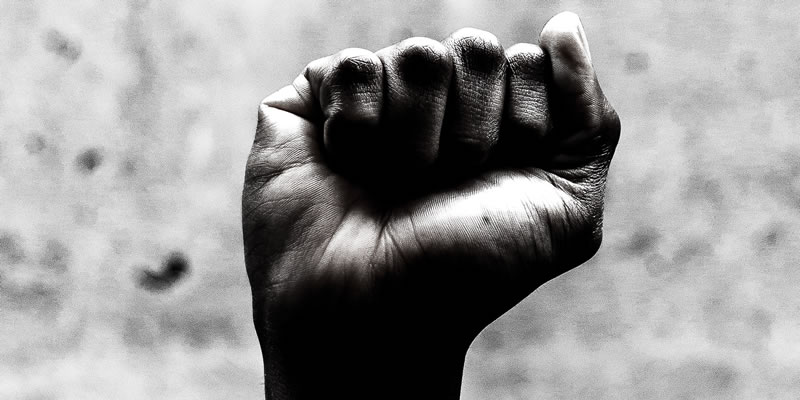(4 Minutes Read)
History manifests how revolutions are born from the profound frustrations of the younger generation. The recent youth uprising in Kenya is a live example. Driven by poverty, inequality, corruption, weak governance, and youth unemployment, Kenyans are out on the streets demanding a better deal.
When Kenyan President William Ruto assumed office following his election victory in August 2022, he pledged to address the soaring cost of living within 100 days. Nearly a year later, however, his administration has yet to alleviate the economic hardships faced by his people. At the same time, many of his fellow politicians have continued to flaunt their opulent lifestyles on social media, further fuelling public discontent.
The situation reached a breaking point with the government’s proposal of a controversial tax bill, which threatened to increase the prices of essential goods. This proposal sparked widespread protests among the youth. Dozens were killed and scores were injured. Under mounting pressure, Ruto eventually withdrew the contentious bill and dismissed his cabinet, promising to form a new, more inclusive one. Despite these concessions, protests continue, with calls for Ruto’s immediate resignation.
What is unfolding in Kenya’s streets, experts feel, has far-reaching consequences beyond its borders. People in Africa are sick of endemic corruption, governance failures, poor leadership, and lack of socioeconomic opportunities. Disillusioned with their corrupt, oppressive leaders, and inspired by the success of their peers, young people across sub-Saharan Africa are taking to the streets. The reverberations of the Kenyan unrest have started to be heard in countries like Nigeria, Uganda, Zimbabwe, etc.
Nigeria, under President Bola Tinubu, is grappling with a severe economic crisis. While the common man in Nigeria is struggling to make ends meet, the President and vice president spend millions on their luxuries like new jets, home renovation, etc. Thousands started protesting against high living costs, under the banner #EndBadGovernanceInNigeria” amid tear gas and bullets Since August 1st.
In Uganda, President Yoweri Museveni has maintained a tight grip on power for over four decades. He has systematically suppressed civil rights and brutally crushed anti-government protests. Despite promising to crack down on corruption following his re-election to a sixth term in 2021, Museveni has continued to shield his corrupt officials from prosecution. Inspired by the Kenyan protests, Ugandan youth also has started revolting against Museveni’s regime.
In Zimbabwe, President Emmerson Mnangagwa is also worried. Since assuming office in 2018, Mnangagwa has failed to revive the economy. The ever-increasing cost of living and escalating unemployment have worsened the living conditions in Zimbabwe. To stifle criticism and suppress calls for change, the opposition leader Jameson Timba and scores of activists were arrested.
People in Angola, Eswatini, Namibia, Mozambique, and South Africa are also equally frustrated by pervasive corruption, inequality economic stagnation, and political oppression. What is evident is, that the jobless African youth, who make up 40 percent of the continent’s population are in a highly inflammable mood. They want better accountability from their leaders, and inclusive, responsive, and clean governance.
Much like the Arab Spring that began in Tunisia over a decade ago, social media has played a crucial role in mobilizing and fuelling the anger and sense of betrayal felt by African youth. During the Arab Spring, the upheaval spread like wildfire across North Africa and the Middle East, from Syria to Mauritania. By the end, four rulers were deposed, while some regimes survived.
The agitation of the youth in Africa is also gaining momentum. But the moot question is, will this wave of unrest have a cascading effect and bring change? Will the voices of young Africans be heard or get muffled? Can Nigeria’s “#EndBadGovernanceInNigeria” achieve what #EndSARS protests failed to do in 2020? Will it usher in an African Spring?
Or is this unrest part of a global phenomenon? The student-led agitation in Bangladesh in early August that saw the ousting of Sheikh Hasina highlights how similar movements elsewhere can bring about substantial political change.
The palpable anger of the African youth against the establishment, and the brutal response by their governments have attracted global attention. Protests in the continent are not new. It has been happening for decades. Does it have the potential to bring regime changes? It is difficult to predict. For now, we can only wait and watch.





